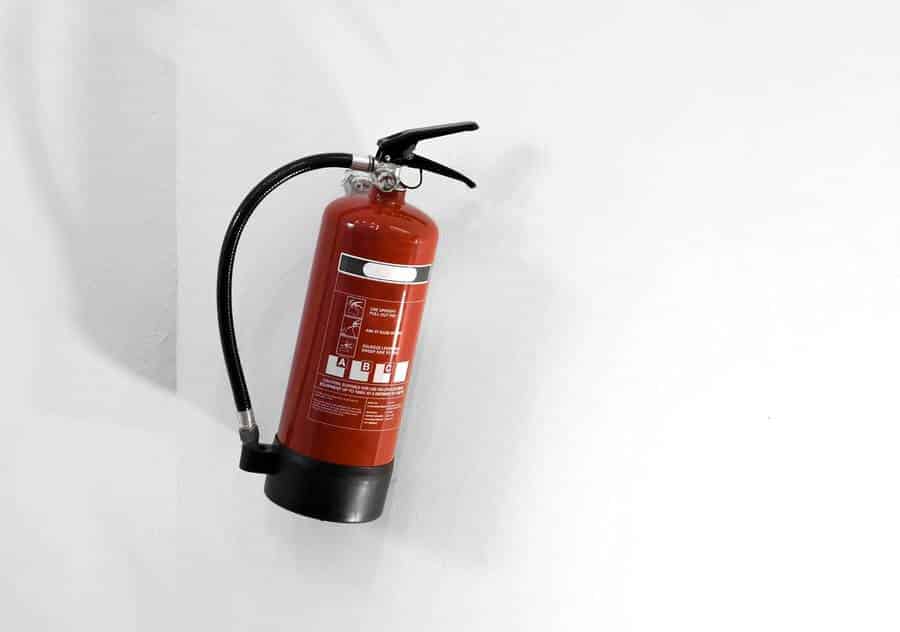How Vulnerable Are Your Elderly Parents to Fires?
Winter is here, but the cold weather does not always signal holiday cheer and the end of the year. The winter months have the highest number of house fires due to increased electrical strain, holiday decorations, open flames, and cooking mishaps.
According the United States Fire Administration, elderly adults are the most vulnerable people during house fires and make up the majority of fire-related deaths.
- In 2015, elderly adults made up 15% of the United States population – but 40% of all fire-related deaths.
- Elderly people are at 2.7 times greater risk of dying in a fire.
- Elderly people aged 85 and over are at 3.8 times greater risk of dying in a fire.
Elderly adults are particularly vulnerable during house fires for multiple reasons, including:
- Mobility limitations, making it difficult to exit a home during a fire
- Dementia and age-related conditions that add to confusion and uncertainty during a dangerous situation
- Medications that cause drowsiness and limit response times
- Increased sleep hours, which puts seniors at a higher risk of sleeping through a fire and succumbing to smoke inhalation
- Lower sensory perception that may not detect smoke and early warning signs of a fire
As a result, thousands of seniors lose their lives in house fires every year. However, there are precautions that you can take to protect your aging parents from fire risks this winter.
Examine the Heaters In Your Parents’ Home
Many house fires start because a flammable object is too close to a heat source and catches fire. During the holidays, this type of house fire is common with dry Christmas trees placed next to heaters. Avoid using space heaters if possible, however if used keep them at least three feet away from objects that can burn. In addition, remind your parents they must turn off all portable heat sources when leaving their home. A written reminder next to the front door may be helpful.
Check Their Smoke Alarms
Smoke alarms are valuable inventions, however they require regular testing and maintenance. Stepladders are often needed to access them, which makes this a responsibility you should add to your checklist 2 or 3 times each year while visiting your parents’ home. Make sure they have working smoke alarms on every level of their home. Seniors in particular should also have a smoke alarm inside their bedroom, in addition to a nearby hallway.
Plan an Escape Route
How will your parents exit their home in case of a fire?
When these disasters occur, they can block hallways, doors, and windows. If your parents are tethered to oxygen, have mobility issues, poor eyesight, or another disability, it can make escaping a fire more difficult. In the event of an emergency house fire, it’s easy to panic trying to find a way out.
To avoid this panic, help them plan an escape route in advance. Remind them that it’s necessary for them to keep their eyeglasses or hearing aids on their bedside table so they can get to them quickly in case of an emergency. They should keep their wheelchair or cane close by as well. If they use oxygen at home, they should turn off the oxygen source but only if they can access it quickly and safely, and then follow the planned escape route.
Sleeping with their bedroom door closed is also important. This will slow the spread of fire to the bedroom, giving more time to safely escape or for emergency assistance to arrive
Keep Fire Extinguishers Handy
As a rule of thumb, your parents should have a fire extinguisher in every area of the house that might have a fire hazard. Generally, these places are their kitchen,fireplace, furnace room, and garage. Make sure they have extinguishers in each of these places in case a fire starts.
Contact Arista Home Care Solutions today for additional information about senior safety and wellness.

 Arista Wins Top Workplaces Award
Arista Wins Top Workplaces Award


